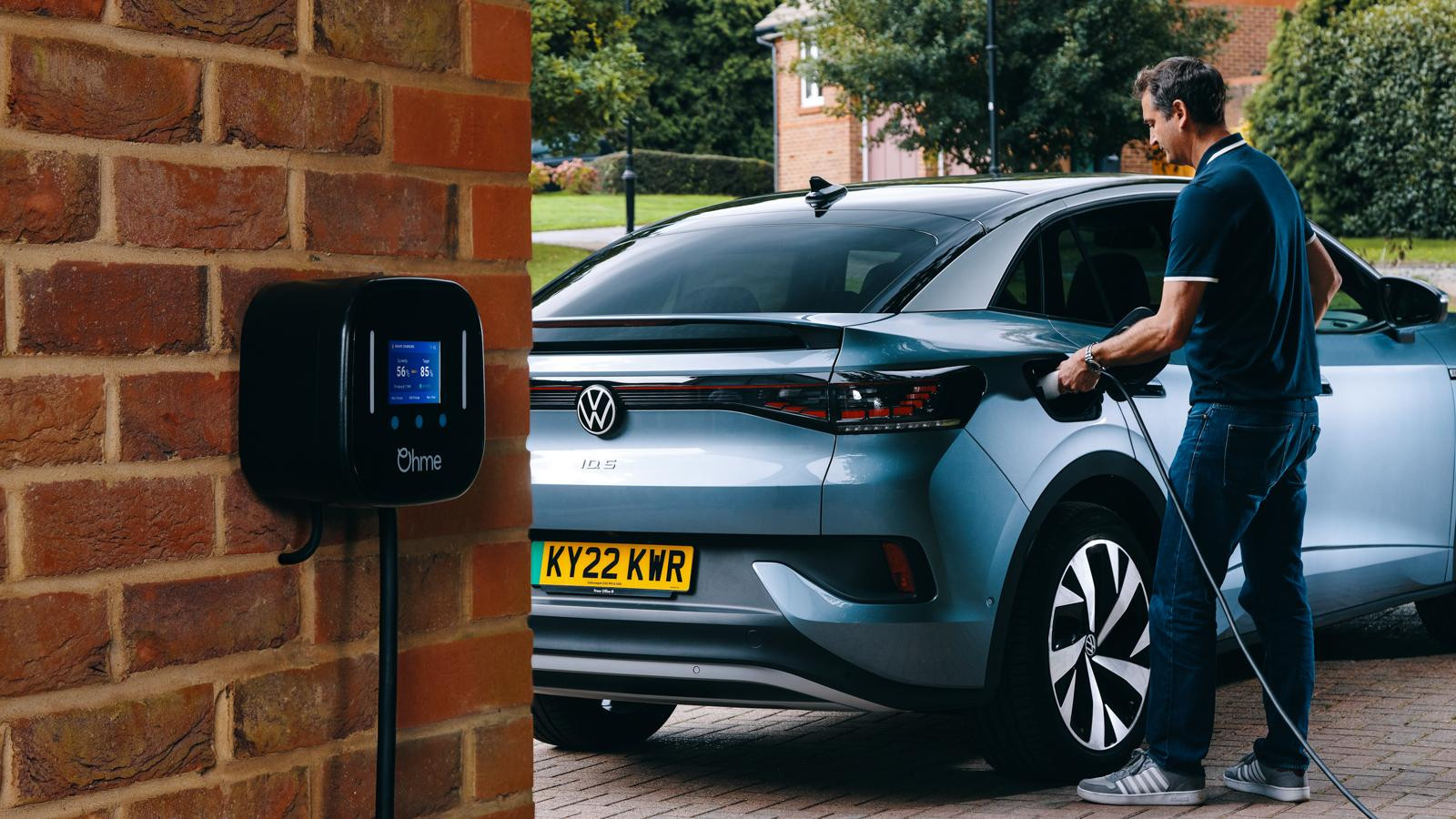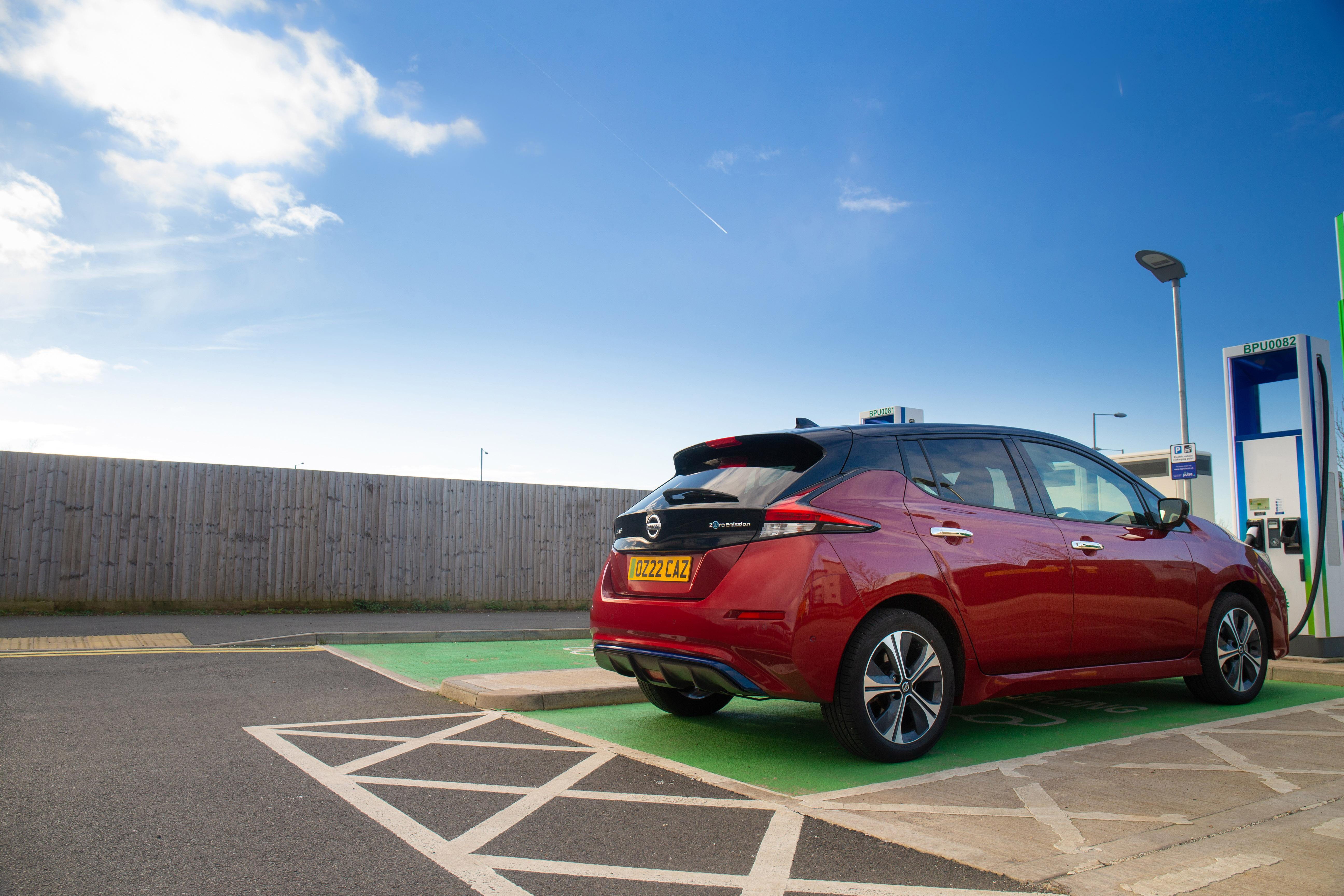How Can I Reduce The Cost Of Electric Car Charging
.jpg)
How can I reduce the cost of electric car charging?
The cost of charging up an electric car is something you have to bear in mind before you’ve even grabbed hold of the keys. Whereas with petrol and diesel cars it’s relatively easy to work out the average cost of fuel, there are far more variables when it comes to charging up your electric car.
So how can you reduce the cost of charging up and how can you make sure you’re getting the best deal? We’ve got some of the key things to consider.
Home charging

Home charging is where you’ll get the best deals. Before you’ve purchased an EV, it’s a good idea to think about how you’re going to charge it up. If you’ve got a driveway, then you can get a home charging unit installed - these usually cost around £1,000 (including the cost of the unit and the installation) but you’ll recoup some of this cost through lower charging prices.
If you haven’t got access to off-street parking, then you’ll have to rely on public charging which will bump up the cost of topping up your EV.
EV-friendly tariffs
If you’re able to install a home charger, then you’ll definitely want to get onto an EV-friendly energy tariff. Though home energy prices remain high, there are still a number of plans available to owners of electric cars that can help reduce the cost of charging.
British Gas, for example, offers a tariff that brings cheaper electricity between 12am and 5am, which can drastically cut the cost of charging your car.
Shop around
When it comes to public chargers, it pays to shop around. Though prices for petrol and diesel can vary between stations, the cost of electricity supplied at public chargers can be drastically different.
One of the easiest ways to check is to use the charging mapping service Zap-Map. Via the app or desktop site, you can click on a specific charger and see how much the energy at that particular unit costs. It should help to avoid any surprises.
Don’t use rapid chargers for longer top-ups

You’re paying for convenience when it comes to rapid chargers. They do, after all, provide a speedier charge which is great for when you’re in a hurry or mid-way through a longer journey. However, that convenience brings an added cost.
If you check beforehand, you might notice that rapid chargers command a serious premium over slower units - sometimes as much as 50p per kilowatt hour. It means that if you’re able to charge at a slower, cheaper unit you definitely should - don’t be tempted to charge up just because it’s there.
Change your driving style
You can make some tweaks to change your driving style in order to elongate your car’s range. After all, if you get a better range you have to charge up less frequently, which costs less in the process.
So try to not accelerate too hard away from a dead stop, or when merging onto a motorway or dual carriageway. If it’s a warm day, you could turn off the air conditioning, too, and if it’s cold, try using the car’s heated seats - if it has them - rather than using the blowers. It’ll make a big difference.
Don’t charge to 100 per cent on a rapid charger
.jpg)
When it comes to smartphones, we all like to have a full battery. However, with an EV, it’s often a less efficient - and more costly - way of doing things. You see, when you’re hooked up to a rapid charger, an electric car will go as quickly as possible to reach 80 per cent charge. However, after this, they tend to throttle back and will crawl towards that 100 per cent mark. This just wastes time and will cost more money, too.
So if you do require a 100 per cent charge - if you’re about to do a long trip, for example - it’s best to do this via a 7kW home or slow charger. It’ll be more efficient, and you can do it overnight, too.


















